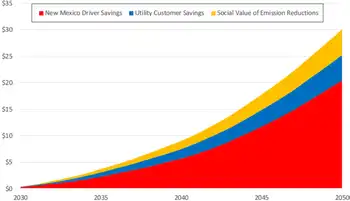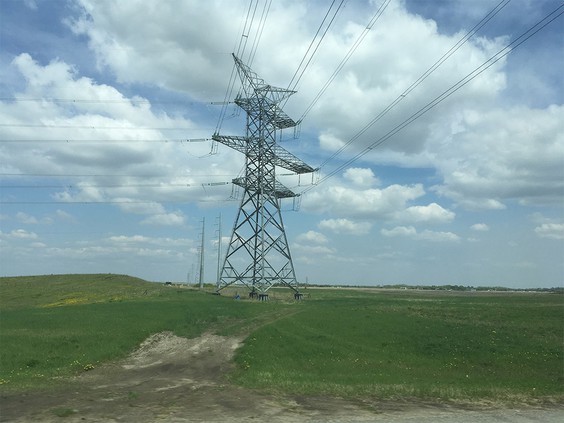Feds intent on prison for Wittig
By Topeka Capital Journal
Protective Relay Training - Basic
Our customized live online or in‑person group training can be delivered to your staff at your location.

- Live Online
- 12 hours Instructor-led
- Group Training Available
The recommendations to U.S. District Judge Julie A. Robinson were made in a recently filed document.
In a two-paragraph order, Robinson notified prosecutors and Wittig defense attorneys that she was contemplating imposing a sentence outside the guidelines. Prosecution and defense attorneys have until Jan. 26 to file a sentencing memorandum.
In his first resentencing, Wittig on April 24, 2006, received five years in federal prison for a 2003 conviction of concealing from bank regulators a $1.5 million loan he made to former Capital City Bank president Weidner, who invested the money in an Arizona real estate development. Wittig, former Westar Energy chief executive officer, president and chairman of the board, was a large loan customer of the bank, and Weidner was his personal banker. He had originally been sentenced to four years and three months in prison.
But on Nov. 22, the 10th U.S. Circuit Court of Appeals set aside the five-year prison sentence for Wittig, saying it was 10 times longer than the maximum six-month sentence in sentencing guidelines. The appeals court ordered Robinson to impose an unspecified sentence, saying the judge "erred in computing Mr. Wittig's offense level under the guidelines."
The appeals court said Robinson didn't "explain what dramatic facts justified such an extreme divergence" from the guidelines.
Richard Hathaway, senior litigation counsel, and Christine Kenney, assistant U.S. attorney, wrote there are legal criteria justifying resentencing Wittig to five years.
Prosecutors said Wittig could receive a sentence ranging from four years and three months to five years and three months if Robinson were to find that he received more than $1 million in gross receipts from one or more financial institutions as a result of the offense distinct from the $1.5 million loan.
"These gross receipts consist of the two $500,000 draws Wittig received from Weidner after Weidner received the $1.5 million in gross receipts from the nominee loan, plus $96,000 in interest Wittig received from Weidner, who obtained the interest proceeds from the financial institutions, Capital City (Bank) and Capitol Federal (Savings), as a result of the offense," prosecutors wrote.
If Robinson chose to impose a nonguideline sentence on Wittig, the judge could consider a federal statute requiring the court to "avoid unwarranted sentence disparities among defendants with similar records who have been found guilty of similar conduct," noting the appeals court affirmed Weidner's five-year sentence.
Prosecutors argued that as part of the loan to Weidner, Wittig was to receive a $20 million loan to fund a utility company that could trigger payments of up to $64 million to Wittig.
If Wittig weren't sentenced to five years, it would "create an incredible sentencing disparity. Wittig, who committed the same crimes as Weidner and had the same background, but who expected to net up to 60 times what Weidner expected to receive as a benefit, asks to receive one-tenth the sentence that his co-conspirator and co-defendant has received," prosecutors wrote.
As for releasing Wittig on court conditions, prosecutors contended he has a "flagrant and utter disregard" for federal court orders. As of Wednesday, Wittig had been in federal prison exactly one year after Robinson revoked his conditions of release because he "flagrantly violated" the conditions.
Wittig divested his assets without disclosing the transactions to prosecutors, the judge or the probation office as required by the conditions of his bond, Robinson said then.
In March 2004, Robinson issued an order that Wittig wasn't to receive, pay or transfer funds of more than $25,000 without getting her approval.
"It is appropriate, as this court found, that no condition or combination of conditions could reasonably assure the economic safety of the community and assure against the intentional disposition and transfer of assets that could be subject to fine and forfeiture," prosecutors wrote, adding "the assets are all back in play for forfeiture."
On Jan. 5, the appeals court overturned his 2005 conviction of 39 criminal counts tied to looting Westar of millions of dollars and said 24 of those counts couldn't be retried if prosecutors would choose to do so. Wittig had been sentenced to an 18-year term in that case.











